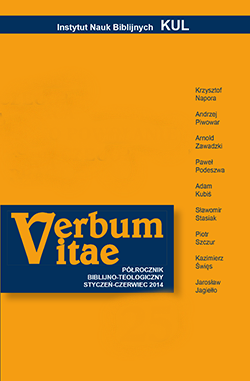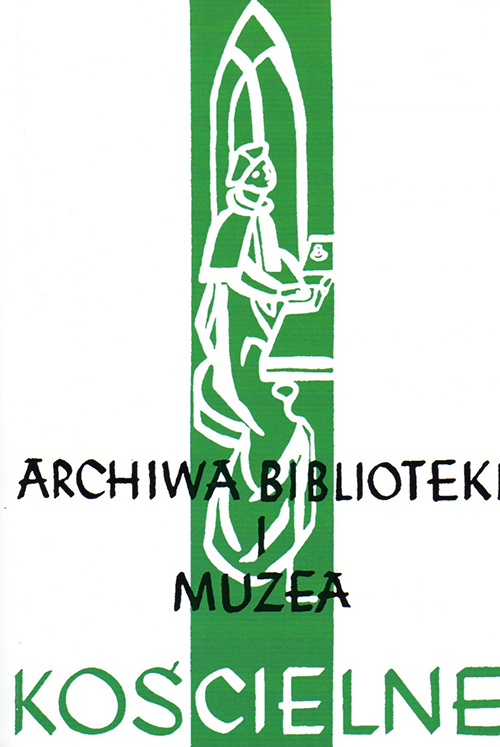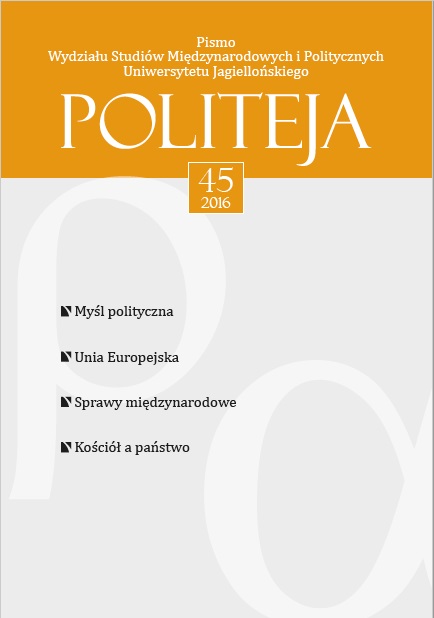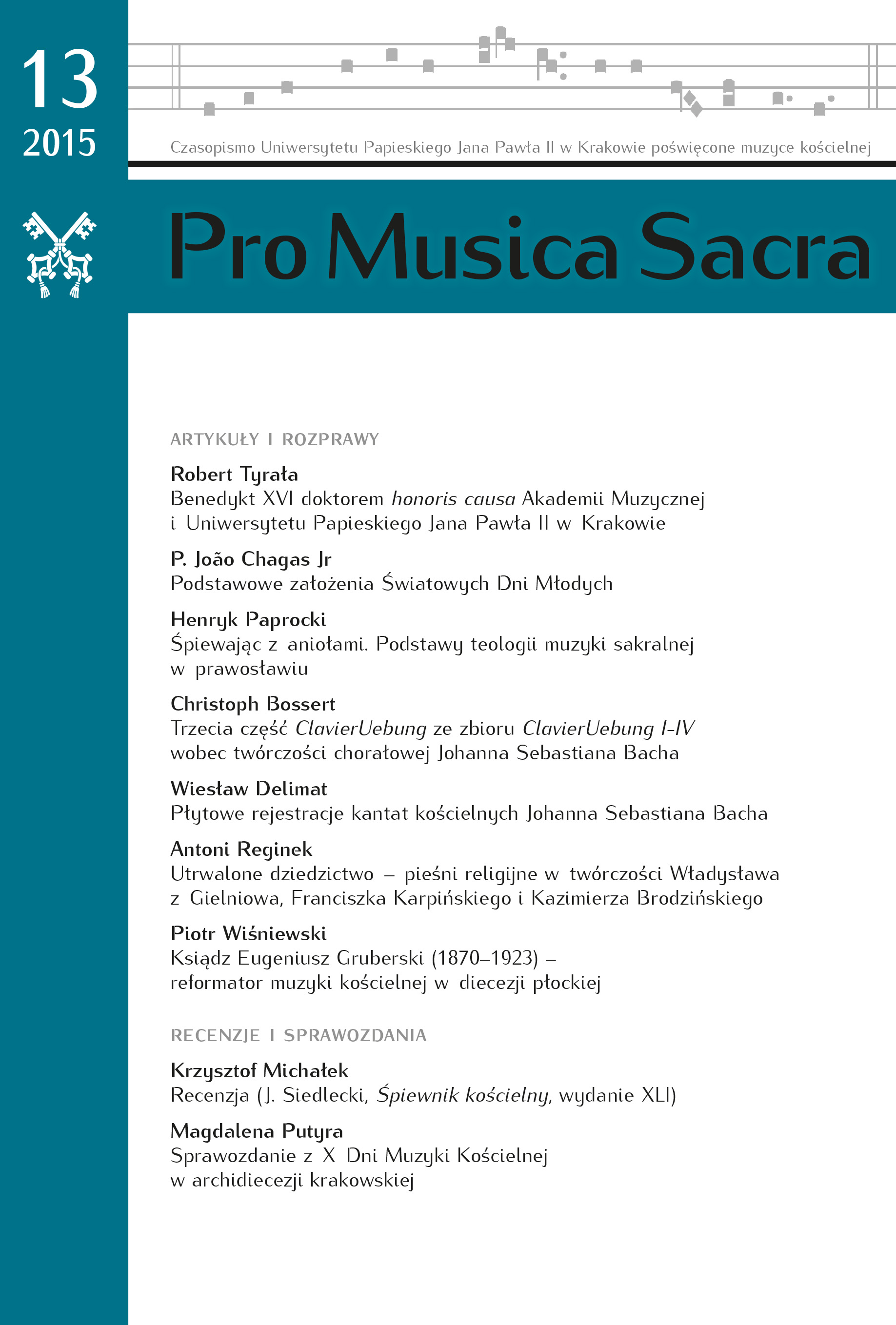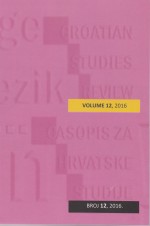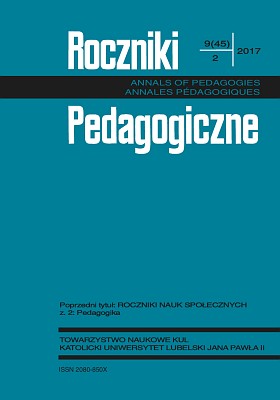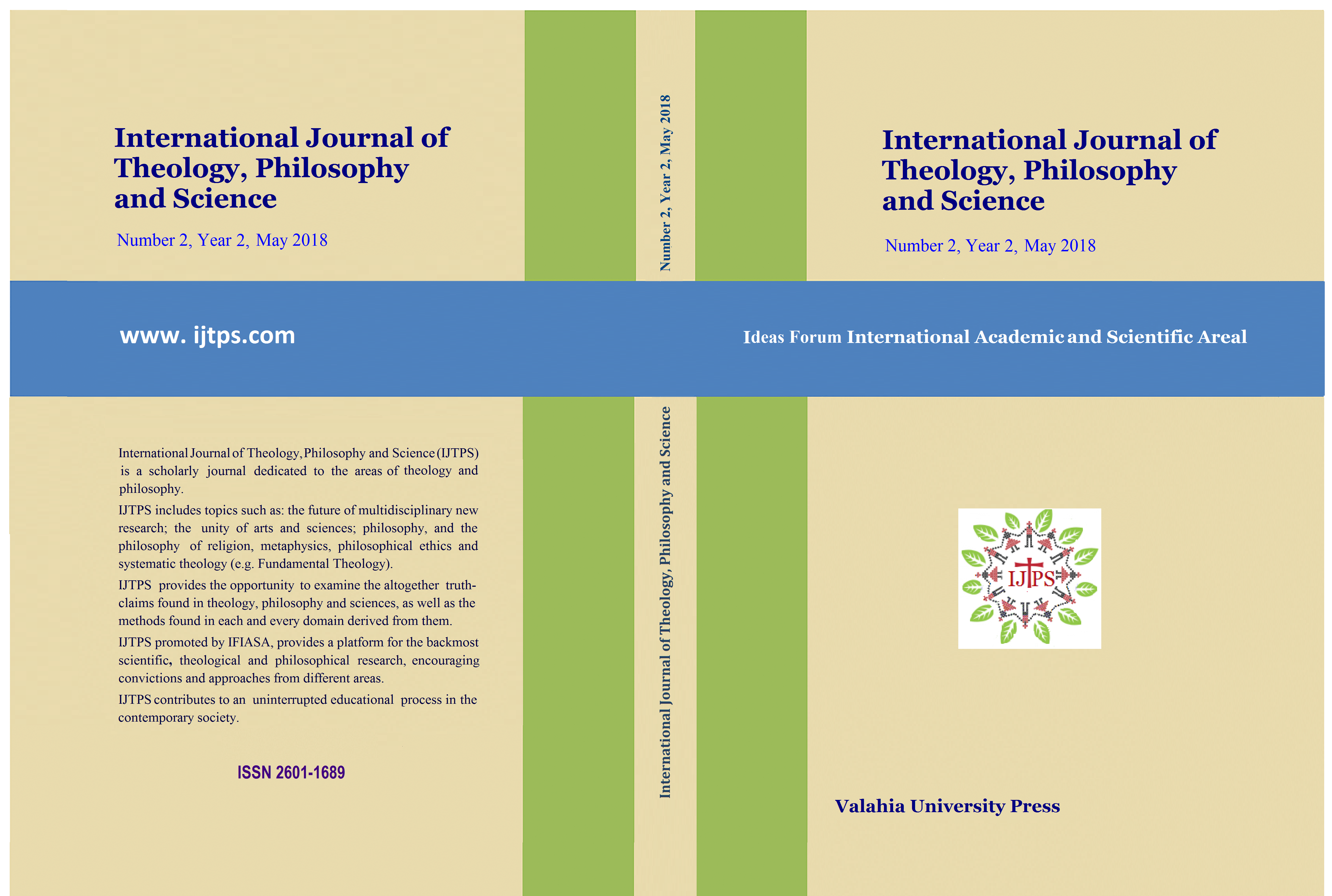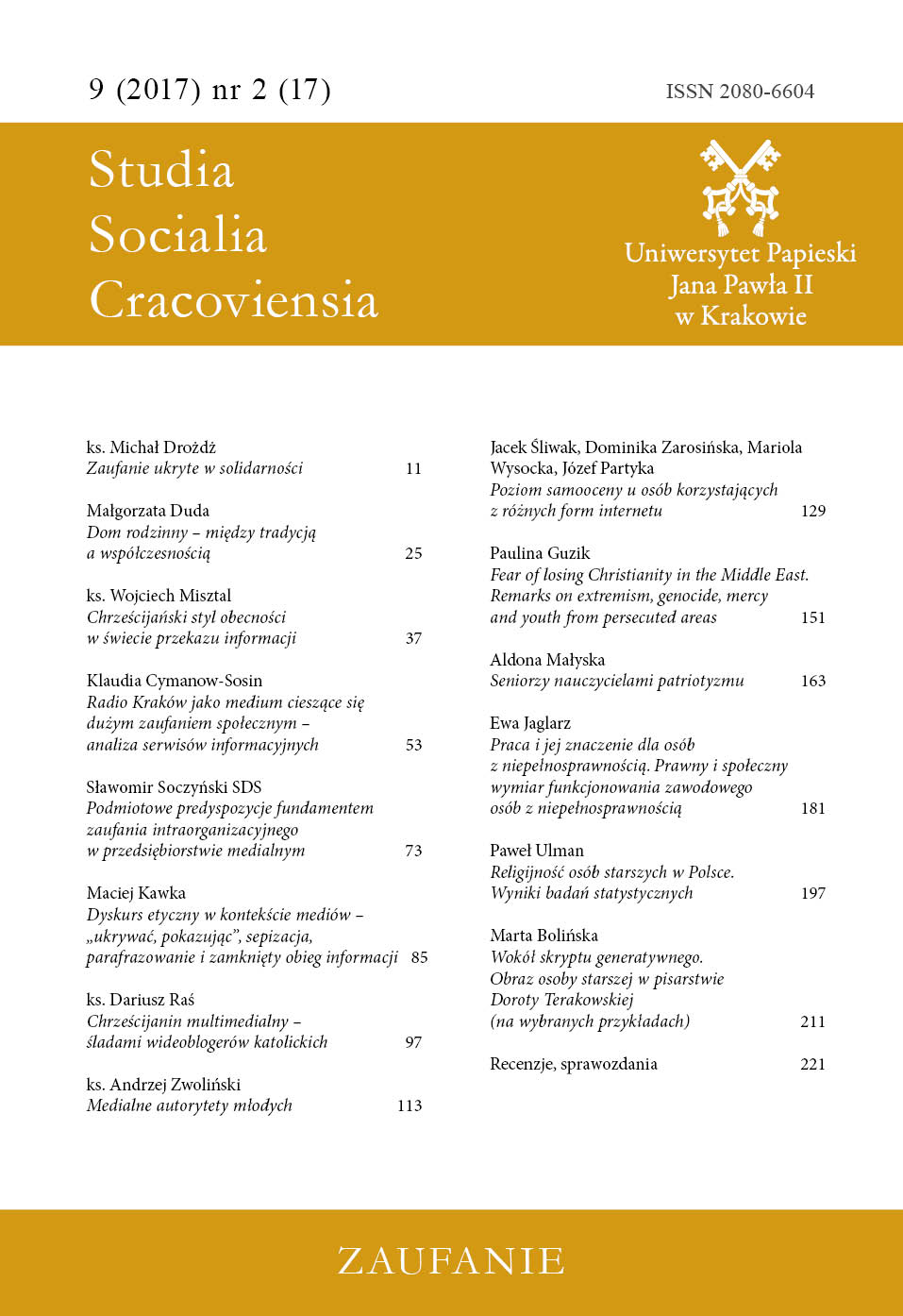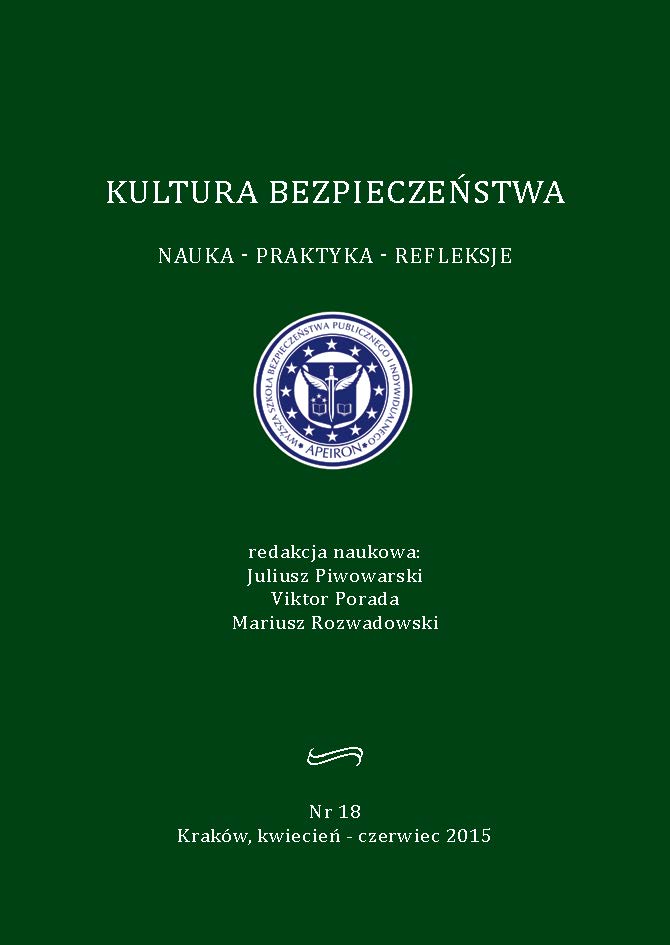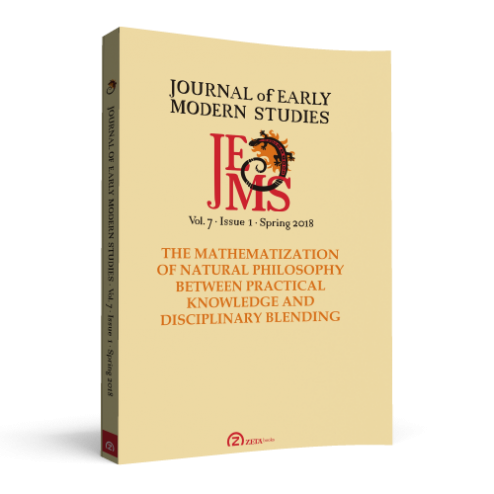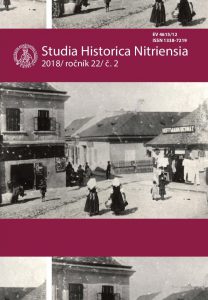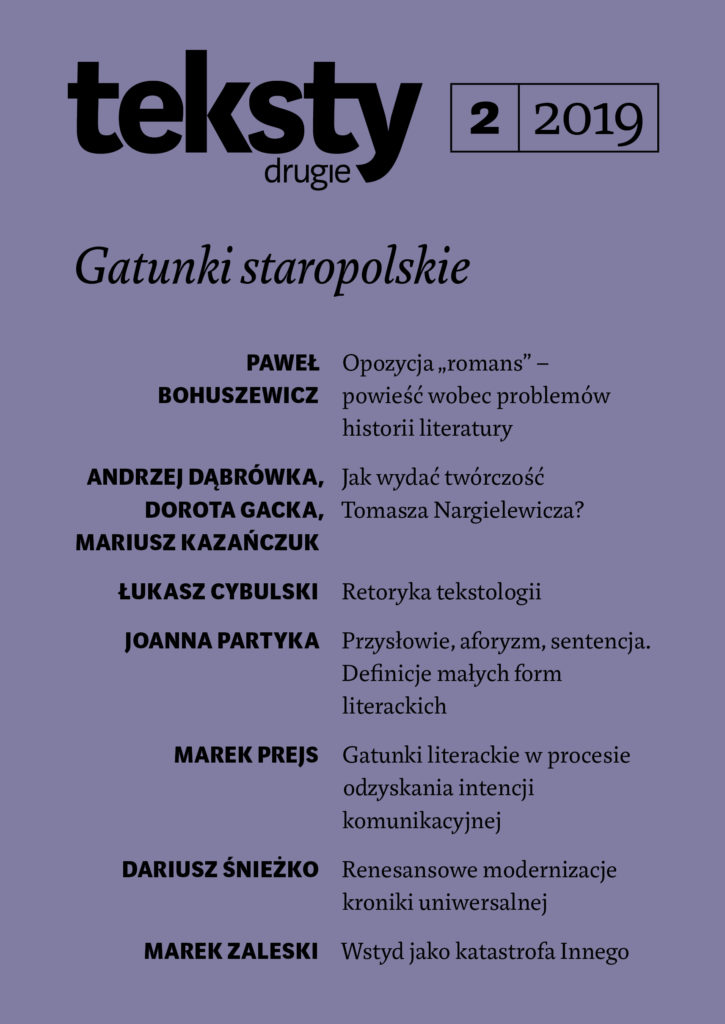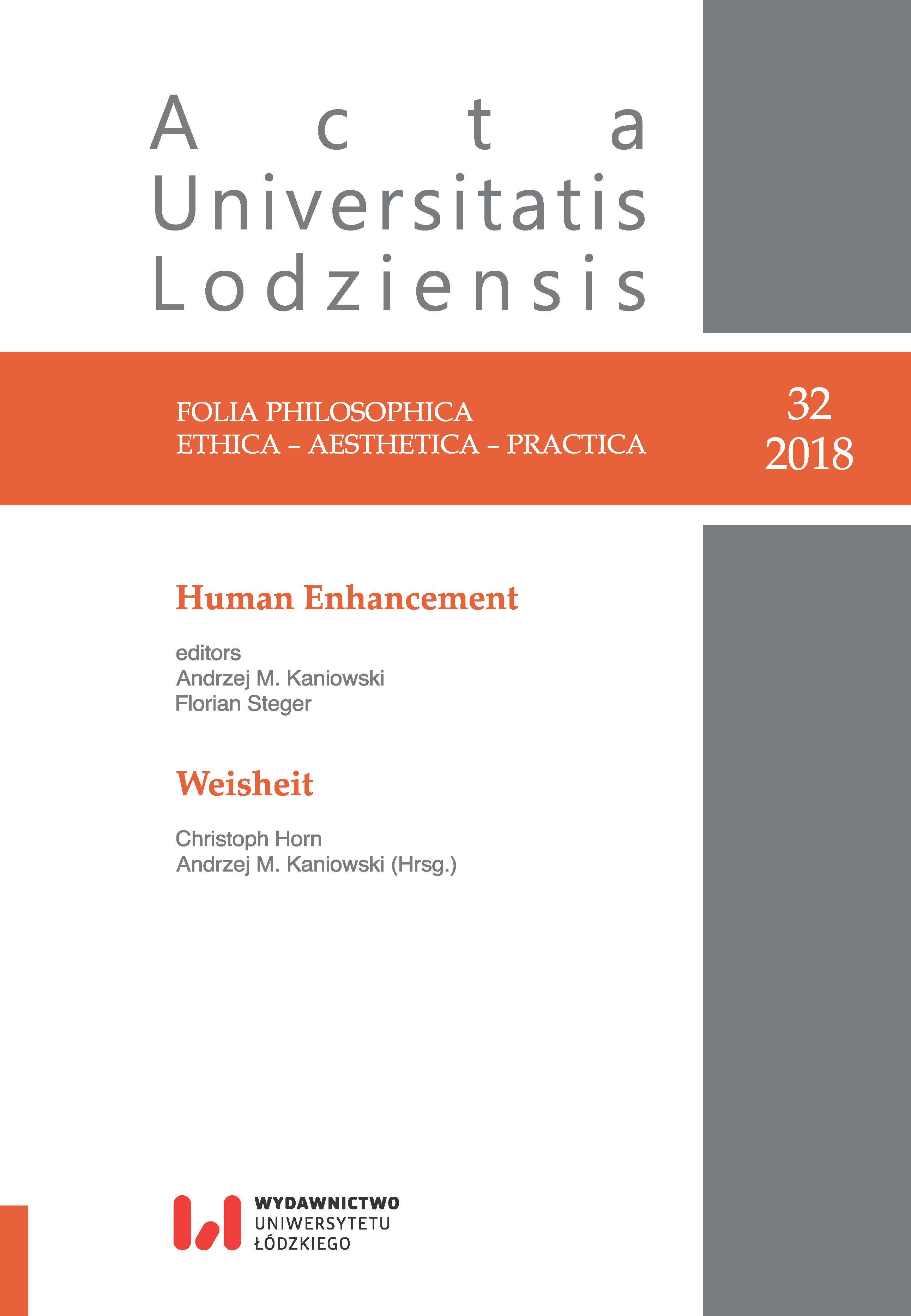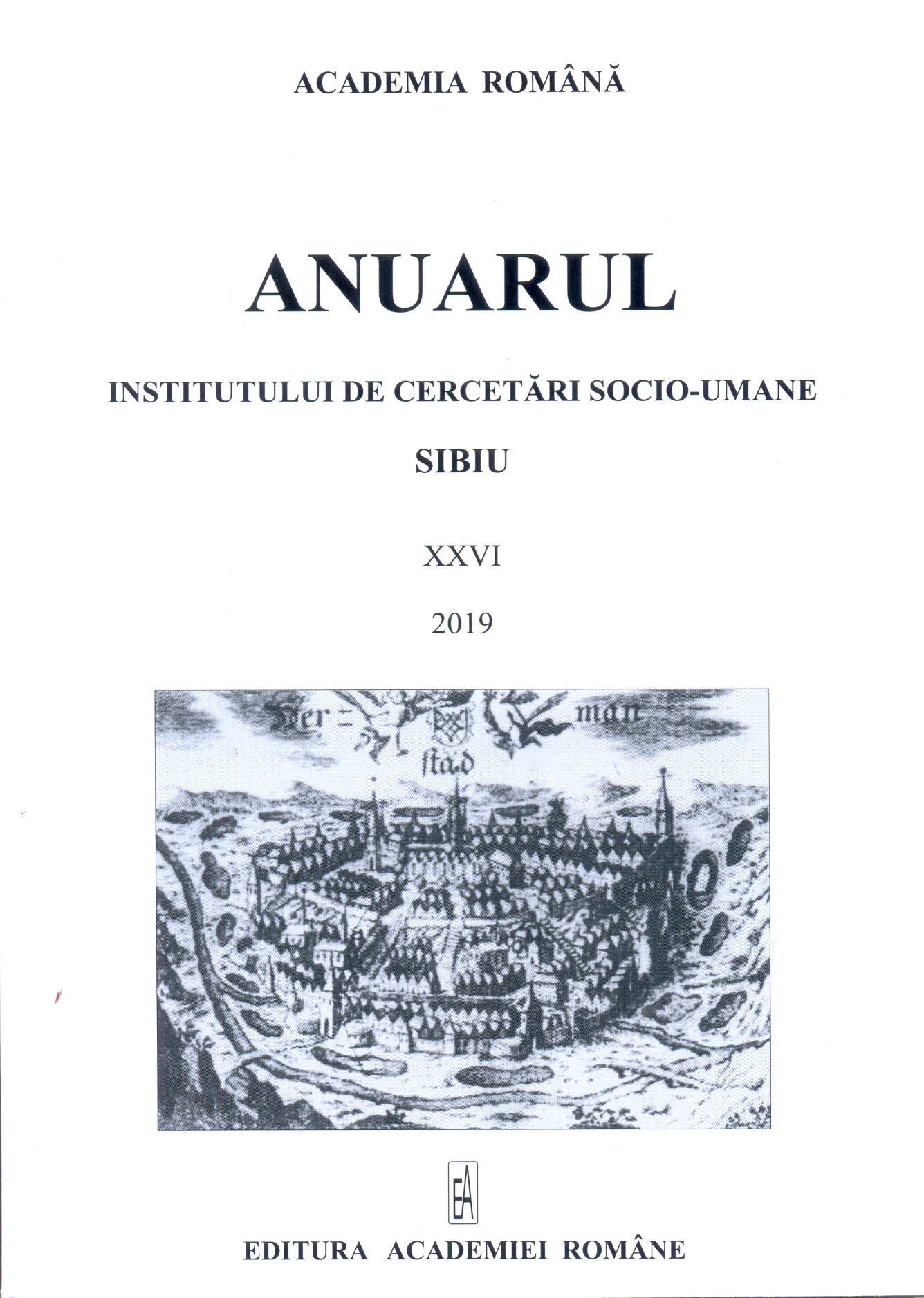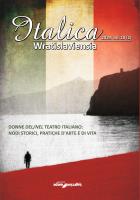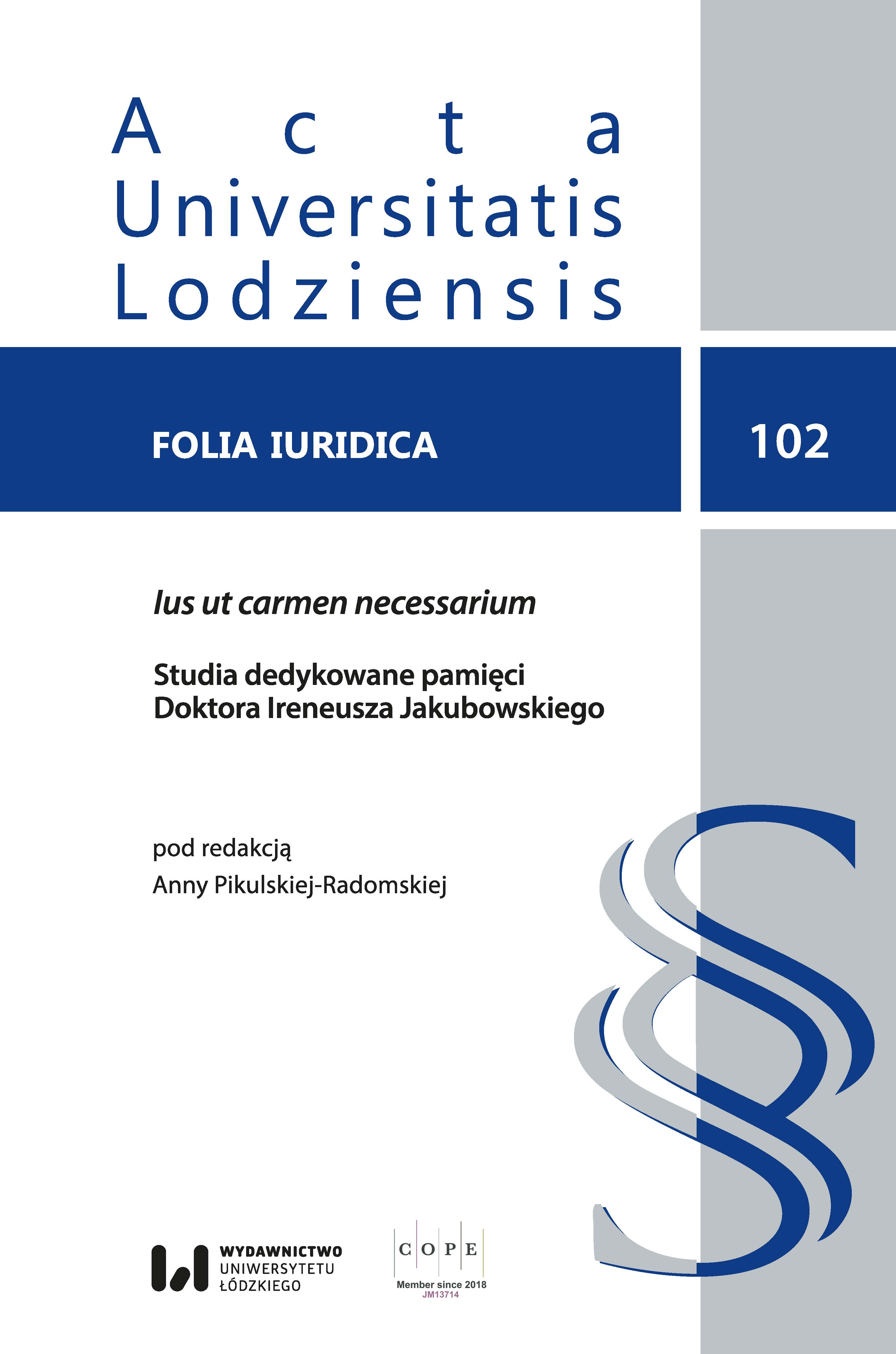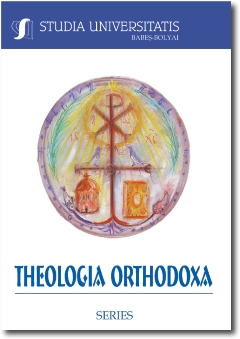
SALVATION IN CHRIST AND IN CHURCH – INTERCONFESSIONAL ISSUES
MÂNTUIREA ÎN HRISTOS ŞI ÎN BISERICĂ – ASPECTE INTERCONFESIONALE
Keywords: Church; Christ; justification; salvation; grace; human nature; deification.
Salvation in Christ and in Church – Interconfessional Issues. Of how denominations concerning the economy of salvation in Christ and the relationship Christ - Holy Spirit - Church, resulting different ecclesiological structures. On Orthodox point of view, Christ saved us all objectively and virtually through all the recapitulation in Himself, in His body, the whole mystery of the divine economy, ie the four basic documents: the Incarnation, Sacrifice, Resurrection and Ascension. Son assumed human nature and deified it, being made by the head of the Church, thus sharing the plan subjective salvation occurs only in the Church. After the Catholic teaching salvation is the return of lost grace (defined as created energy) by the superabundant satisfaction of Christ and Church distributes rhis grace. The Protestant concept of redemption through sacrifice on the cross is understood as bearing the Christ of God's wrath. Man is saved by an affirmative response, a “credo”, spoken to God, independent of Church. Justification is realised outside of man.
More...

